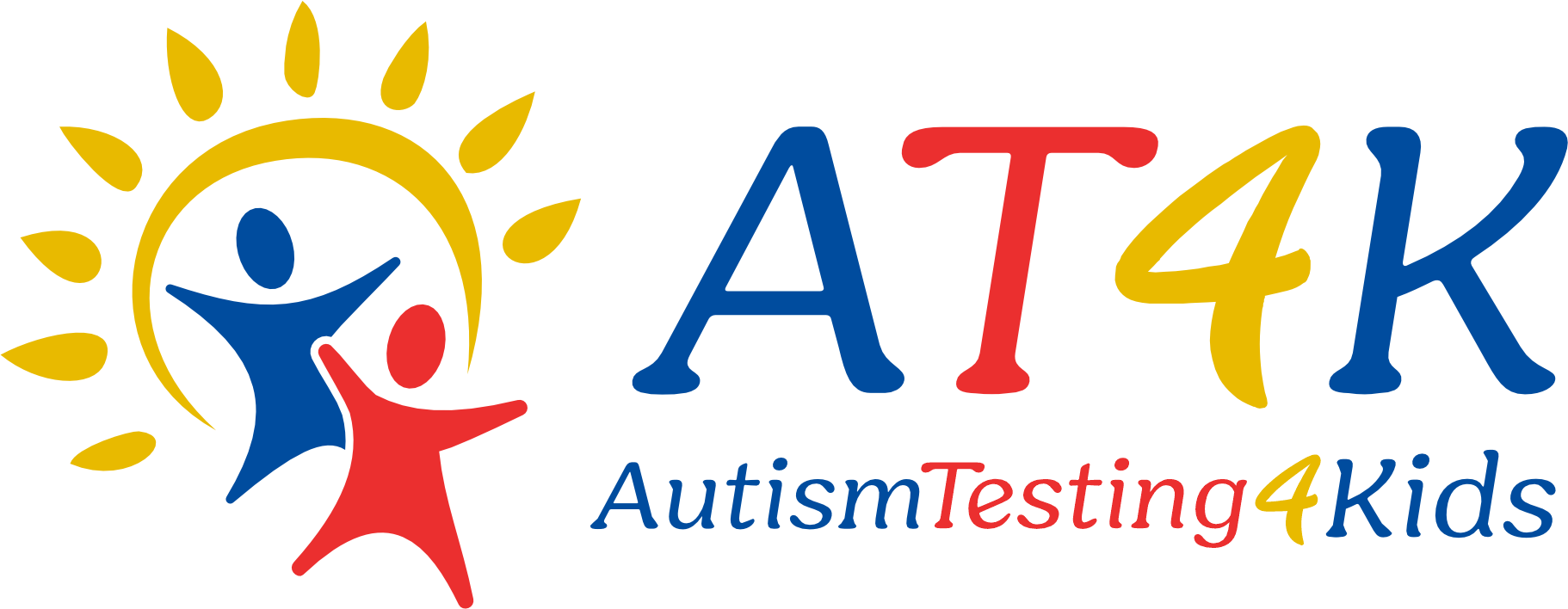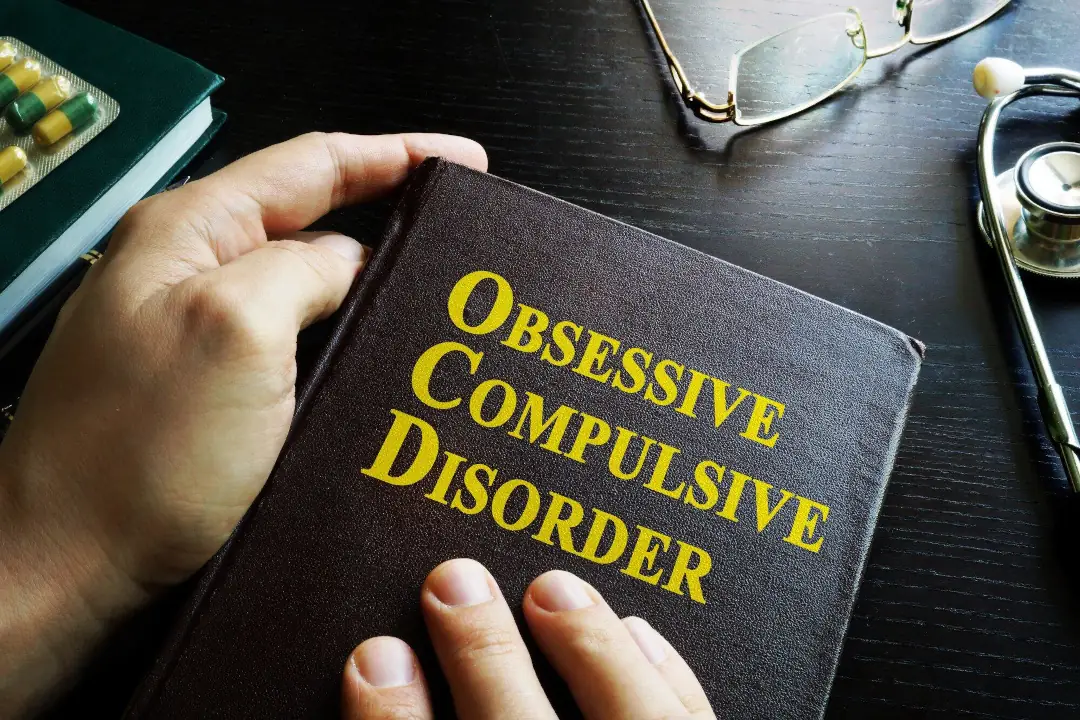An estimated one in 36 children have autism spectrum disorder. As early as 12 months, parents may notice developmental differences like a lack of eye contact. As early as 18 months, pediatricians can start the process of diagnostic testing.
What does a pediatrician specializing in autism do to help families and children who may be on the spectrum? Why is an autism diagnosis helpful and what kind of treatments come next?
Read on to learn about development and behavioral pediatrics, what to expect, and how a pediatrician specializing in autism can help your child.
How Is Autism Spectrum Disorder Diagnosed in Young Children?
At Developmental Pediatrics, we work with children between the ages of 18 months and five years. We follow a research-backed process that involves parent-guided assessments and behavioral observation. Here’s a closer look at the diagnosis process we use.
First Visit: Health Overview
To start, we ask parents to complete the M-CHAT-R test. This is a 20-question screening tool that helps in diagnosing toddlers. Each question requires a simple yes or no response, and parents must be as honest as possible for accurate results.
Parents should also be prepared to discuss:
- Family health history
- Birth history
- Documentation and anecdotes regarding development
- Any previous test results or reports
During an initial teleconference, Dr. Mike will talk to the parents specifically to ask and answer questions.
Second Visit: Assessing Adaptive Functioning
The second visit can also be conducted via teleconference. During the second visit, Dr. Mike will conduct a standardized interview with the parents. In this meeting, the focus will be on the child’s adaptive functioning.
To do this, we use the Vineland 3 Adaptive test. The Vineland 3 Adaptive test evaluates communication skills, self-care, and more. This test allows us to screen for other disorders in addition to autism to prevent misdiagnosis.
Third Visit: Observations of Interactions and Behavior
For the third visit, parents will need to take videos of their interactions with their child. In doing so, they’ll follow protocols provided by Dr. Mike. This protocol follows the Autism Diagnostic Observation Scale 2.
The purpose of this video footage and the ADOS-2 is to assess things like social-emotional development. While the ADOS-2 is a useful tool that parents can use at home, research shows that accurate outcomes require professional readings.
Fourth Visit: Diagnosis and Prognosis
Most families will come back for a fourth (or even fifth) visit. After completing the tests listed above, your pediatrician can provide a reliable diagnosis. This is the visit in which you’ll find out if your child fits the criteria for autism spectrum disorder and/or other learning disabilities or developmental delays.
During this final visit, you’ll also discuss your child’s prognosis and the treatment that will support their development and well-being. This may include certain types of therapy, ranging from cognitive behavioral to occupational therapy. It may also include additional testing, such as hearing, genetic, metabolic, or neurological testing.
How Can a Pediatrician Specializing in Autism Help With Treatment?
At Developmental Pediatrics, our primary role is in evaluating children to provide a diagnosis. How does this support future treatment? Read on to learn about our involvement in treating autism spectrum disorder.
Getting a Holistic View of Your Child’s Diagnosis
Autism spectrum disorder has many overlapping symptoms with other disorders, such as sensory processing disorders. Why is it helpful for children and their families to receive an official autism diagnosis from a pediatrician?
As the name suggests, autism is a spectrum. This means that different children will have different strengths, aptitudes, developmental delays, and ongoing struggles. Development and behavioral pediatricians can provide families with a more holistic view of what having autism will mean for their unique child.
First and foremost, this gives parents a better understanding of their child. At home, this can translate to more patience and support. It also helps parents to make informed decisions about external support.
Creating an Action Plan for Ongoing Treatment
At Developmental Pediatrics, we do not currently offer treatment or prescribe medication to our patients. However, we do include action planning in our prognosis report. We’ll discuss treatments that may be useful for your child, including:
- Behavioral therapy
- Speech therapy
- Occupational therapy
- Medication management
As active members of the DFW medical community, we can provide recommendations and referrals to specialists in the area. We can also discuss at-home support options, autism triggers, and basic accommodations. All of these recommendations will reflect your child’s unique needs and abilities.
Assisting with IEPs
An IEP is an Individualized Education Program, protected by IDEA. An IEP outlines the specific instruction, support, and services your child will need at school. An IEP should reflect factors such as:
- A student’s current performance level
- Measurable annual goals
- School-provided accommodations and services
You will need to participate in an IEP meeting at least once per calendar year. IEP meetings typically involve parents and guardians, school counselors or private therapists, and teachers. You can also schedule a separate appointment with Dr. Mike to discuss your child’s IEP and receive signed letters or forms to support your child’s educational needs.
Mitigating Secondary Issues
Is early intervention necessary? Because we work with children under the age of five, this is a question we receive often.
The reality is that early intervention provides a wide variety of benefits, including taking advantage of the brain’s early neuroplasticity.
By providing support and treatment before your child begins school, you can often prevent or mitigate secondary issues. For example, untreated or undiagnosed children may develop anxiety, depression, and other mental or emotional disorders.
Call Developmental Pediatrics for Autism Diagnosis in Texas
Do you believe your child under five may be on the spectrum? It’s time to call a pediatrician specializing in autism. Our evaluations and tests can help parents better understand their children and set them up for future success.
Dr. Mike and Lawanna Smith bring years of experience to Developmental Pediatrics. Our goal is to make children and their families as comfortable as possible while using research-backed diagnostic tools. Contact us today to schedule your first visit.




